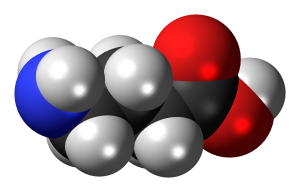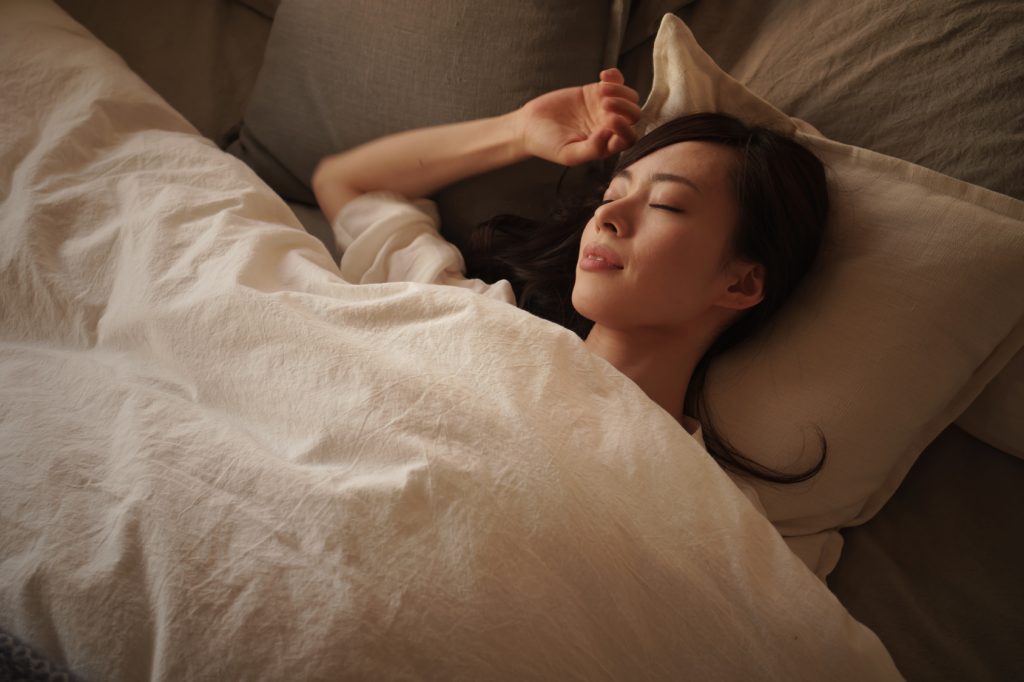Sleep aids have been used for thousands of years and for good reason – sleep is one of the most important aspects of a healthy life. Indeed, low quality sleep can negatively affect virtually every facet of your health, including mood, cognition, energy, make you more susceptible to getting sick, and increase the risk of developing serious health disorders such as diabetes. 1
Coupled with the fact that sleeping pills can be addictive and cause a wide range of side effects, an increasing number of people are turning to natural supplements to enhance their ZZZ’s. Ranging from herbs to amino acids, dietary sleep supplements can enhance sleep through a variety of ways, including:
- Promoting relaxation
- Accelerating the onset of sleep
- Helping you stay asleep
- Increasing time spent in a specific stage of sleep
- Lengthening sleep time
- Improving overall sleep quality
In this guide, we’re going to focus on how these natural sleep aids work and other crucial information to help figure out whether sleep supplements are right for you. For a closer look at the benefits, mechanisms, and research behind specific sleep supplements, check out our sleep aids list.
Clarification: Sleeping Pills vs. Natural Sleep Supplements
It’s important to highlight the difference between sleeping pills and natural sleep aids. Also known as sedative hypnotics, sleeping pills are characterized by the fact that:
- They are made synthetically rather than from naturally-available compounds
- Can cause side effects such as headaches, constipation, and daytime drowsiness
- You can become unable to sleep without them
- They can cause addiction and withdrawal symptoms
- They typically require a doctor’s prescription
By contrast, natural sleep aids only use natural compounds, tend to have milder side effects, and can be purchased over-the-counter (THC).

How Sleep Aids Work

The most common mechanism used by both sleeping pills and sleep supplements is enhancement of the brain’s GABA activity. GABA is the main inhibitory (calming) neurotransmitter, a brain chemical whose role is to reduce neuron activity.
GABA activation leads to two main effects: reduction of anxiety and promotion of relaxation, making it easier to both fall and stay asleep. In addition, high doses of GABA-influencing compounds can also act as a sedative, directly increasing how sleepy you feel. Natural sleep aids can boost GABA’s function in several ways:
- Increasing GABA levels
- Binding to GABA receptors and mimicking its effects
- Enhancing the effects of GABA
Sleep supplements that work via this mechanism include valerian, chamomile, L-theanine, ashwagandha, passionflower, and hops.
Other less-common mechanisms include:
- Muscle relaxation. Some sleep supplements work by relaxing the muscles, which can remove muscle tension, aid in overall relaxation and reduce stress, and help prepare you for sleep. This mechanism is mostly associated with magnesium, a mineral that counteracts the activity of calcium, another mineral that helps control muscle contraction.
- Supporting the circadian rhythm. The circadian rhythm is a 24-hour biological clock that controls when you sleep and wake. The popular sleep aid melatonin plays a central role in this clock, as melatonin is naturally released during nighttime to promote sleep, and stops secreting in the morning to prepare you for waking up.
- Reducing glutamate activity. Glutamate is the main excitatory (stimulating) neurotransmitter which essentially works in the opposite way to GABA by promoting neuron activity. As such, reducing glutamate’s function can have similar results to enhancing GABA’s function.
Sleep Aid Side Effects
Some sleep aids – such as chamomile and lemon balm – carry virtually no side effects. Others, such as melatonin or valerian, may cause similar side effects to sleeping pills; however, their severity and likelihood is typically lower. As such, it’s best to do your research and check out the specific side effects associated with your particular sleep supplement.
Common side effects of sleep supplements include:
- Daytime sleepiness
- Dizziness
- Headaches
- Upset stomach and related digestive symptoms
Moreover, prolonged use (one month or more) is generally not recommended because it increases the likelihood and severity of tolerance and side effects. Indeed, medical experts agree that the best way to use both sleeping pills and sleeping aids is for short-term sleeping problems, such as when you’re under high amounts of stress, or attempting to switch to a different sleep schedule.
What is the Best Sleep Aid?
The question of which sleep supplement is the best for you depends largely on what your sleep problems are caused by. For example, if your sleep issues are due to anxiety or stress, the approach would be different than if the problem is a disrupted circadian rhythm. Having said that, here are our recommendations:
Best Individual Sleep Aid
If you’re an older adult, or if your sleep issues are related to a disrupted circadian rhythm – which is most commonly caused by jet lag or shift work – then melatonin is the first supplement you should try. Meanwhile, if your sleep issues are linked largely to an overactive, stressed, or anxious mind, then theanine is the most research-backed option, followed closely by valerian.
Best Multi-ingredient Sleep Aid
Because of the lack of sufficient research it’s difficult to judge the effectiveness of many natural sleep aids. Having said, it’s best to look for a formula that at least contains theanine, melatonin, and valerian – the three sleep supplements that currently have the most research evidence. The formula can also contain other less-researched ingredients such as magnesium, lemon balm, and passionflower. A good example of an effective multi-ingredient sleep formula is Luna.
Conclusion

Natural sleep aids – mostly in the form of herbs – have been used by cultures around the world for millennia. Now, medical research is beginning to provide real proof that these herbs – alongside newer compounds such as melatonin and 5-htp – do indeed work.
Having said that, sleep supplements should not be used in the long-term because of increasing tolerance and side effects. Moreover, supplements cannot fix the underlying cause of bad sleep – such as a stressful career, usage of electronic devices before sleep, or lack of exercise.
Ultimately, it’s important to remember that like all dietary supplements, sleep aids are meant to aid your efforts to follow a healthier lifestyle – or in this case, better sleep hygiene – rather than fix the problem all by themselves.
